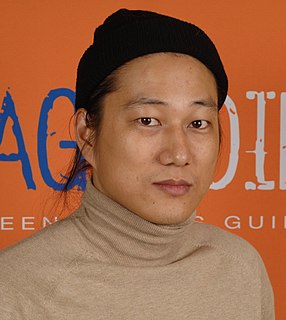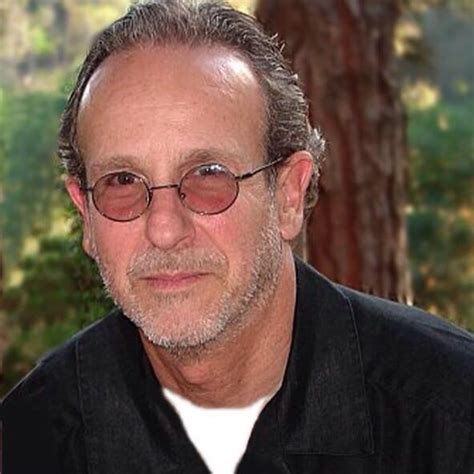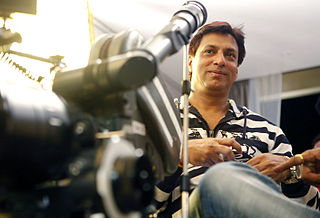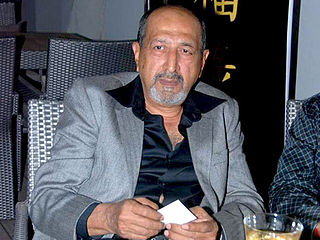A Quote by Sung Kang
On a studio film, you don't have to worry about running out of film or messing up your costumes; you have five other sets of it. Studio films make you the most comfortable so you can just act.
Related Quotes
All I ever hoped for was freedom of choice and to not have to just do work because I needed to pay the bills. If you can, weave your way into a studio in a situation where it's supportive of the other work you wanna do. Also, there is caliber and weight in studio films, and I think the ideal is to get that balance right: Do a studio film, go away and do something that is smaller.
All I've learned is that you need the studio system sometimes, if your budget is a certain size, and other films you can do independently. When I think of a studio, I generally think of distribution. Since I'm a director, I have a similar creative experience on every film I do, because I can control that. But then it's a different film, I think, as it reaches the public, depending on the way it's marketed. I don't know. I haven't learned much of anything. Sometimes you need them, sometimes you don't. Sometimes they want you, most of the time they don't.
As I had visualized, 'Heroine' is shaping up to be a very contemporary film with a different premise and strata. This film, like most of my other films, is a blend of facts and fiction. The film has a larger span, more characters, and costumes... a journey that revolves around an actress's life and the showbiz.
When any young director gets hired by a studio to do a $125 million film based on a preexisting piece of intellectual property, they're climbing into the meat grinder. And what you're coming out with on the other side is a generic, heavily studio-controlled pile of garbage that ends up on the side of Burger King wrappers.
European films had art. And it was easy to make a European film. They didn't come from the studio system, they weren't shot in sound studios, and that's a good thing, because in the studio system those movies would never have had a chance. And since we were coming from Europe, it was natural for us to use that simple style. Small budgets, less equipment, that was just how it was.
Charles Laughton, who's a great hero of mine, only ever made one film and it happens to be one of the great films ever, which is 'The Night of the Hunter.' It's full of his kind of imagination and creation and how you do things and just in the way he used the studio, I just thought it was a fantastical way of using the studio.
I had just finished reading The Day of the Locust when this piece was brought to my attention, and I was like, "How do you create art in the system, the way it is?" Looking around the studio film landscape, there are all of these great superhero movies, which is fantastic, especially for my kids, but it's hard to find real art house films in the studio system, these days.



































